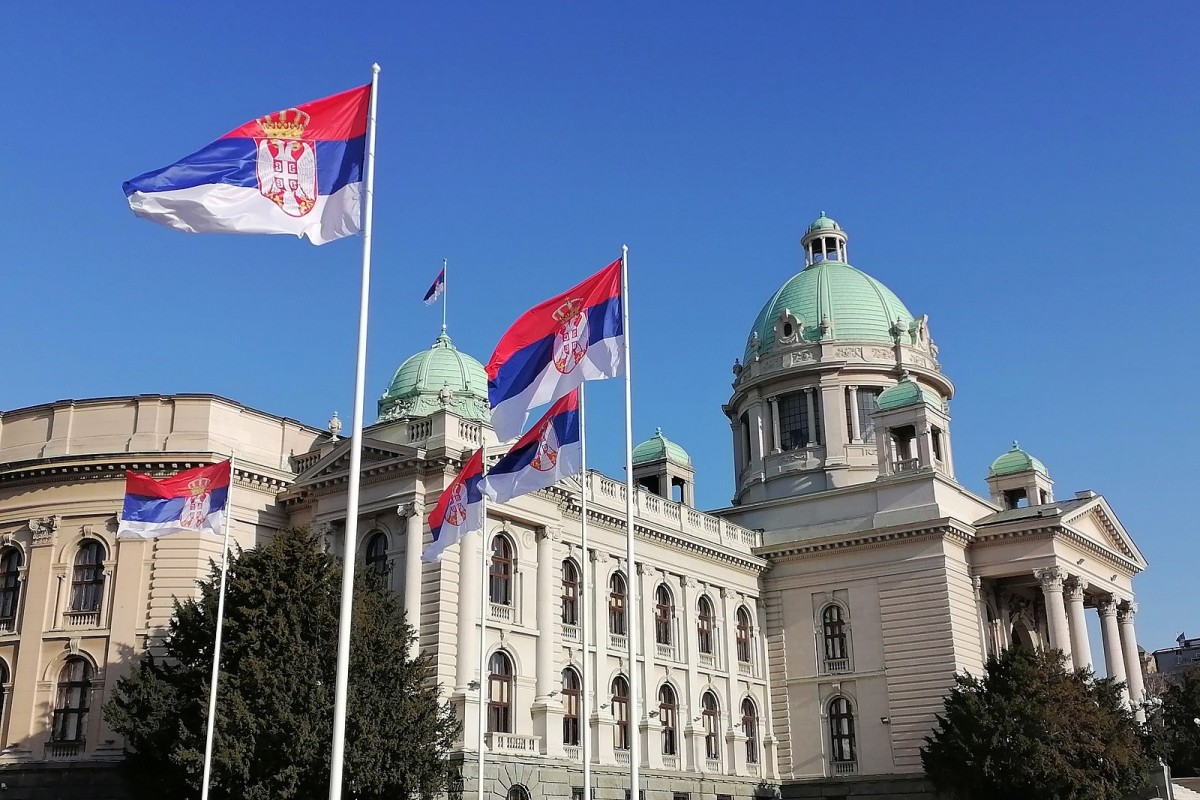Sponsored Content
Evolution of Serbian Elections: From Socialist Yugoslavia to Democratic Transition
The history of elections in Serbia, particularly during and after World War II, is a compelling illustration of the nation's political evolution. Read more about the history and the recent election in Serbia!
 The National Assembly is the unicameral legislature of Serbia. / Picture: © Wikimedia Commons/ Andrija12345678/ CC BY-SA 4.0 (https://creativecommons.org/licenses/by-sa/4.0)
The National Assembly is the unicameral legislature of Serbia. / Picture: © Wikimedia Commons/ Andrija12345678/ CC BY-SA 4.0 (https://creativecommons.org/licenses/by-sa/4.0)
The history of elections in Serbia is a complex and evolving narrative, reflecting the country's tumultuous political landscape and its journey towards democracy. Here's an overview of the key milestones and developments in Serbia's electoral history:
Serbias illiberate past
During World War II, Serbia, as an integral part of Yugoslavia,…
or Log In
Fast News Search





